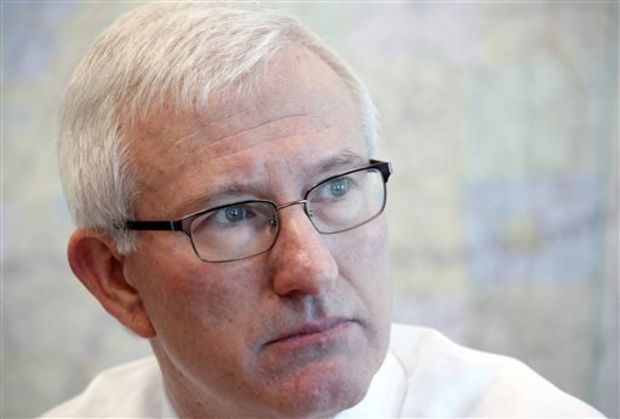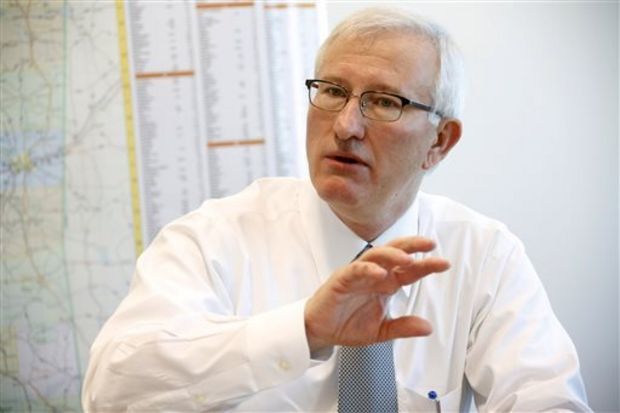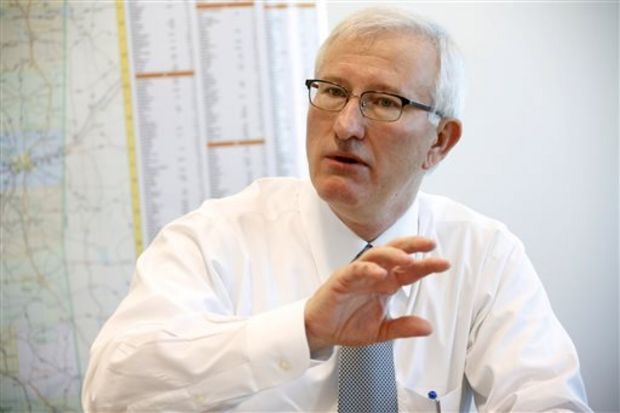

JACKSON, Mississippi (AP) — Former Mississippi Gov. Ronnie Musgrove asked a judge Wednesday to order the state to pay money that 21 school districts say they are owed from past school underfunding.
Musgrove, a Democrat who helped write the Mississippi Adequate Education Program and push it into law in 1997 when he was lieutenant governor, also asked Hinds County Chancery Judge William Singletary on Wednesday to order lawmakers to never underfund the program again.
Singletary said he’d consider the arguments and rule later. Both sides have asked the judge to rule for them without a trial.
The 21 districts, including the city of Jackson, say they’re owed $236 million. Musgrove bases his case on a 2006 law that says the Legislature shall fully fund MAEP, a formula that’s meant to provide enough money to Mississippi’s 146 school districts to pay for education. Lawmakers have appropriated $1.5 billion less than what the formula calls for over the past seven budget years.
“A minimally adequate education is not optional in Mississippi; it is guaranteed,” Musgrove told Singletary. “This is a lawsuit by the school districts to fix what the Legislature has broken.”
Other supporters of full funding are trying to amend the state constitution to bar future lawmakers from underfunding. However, their effort has been complicated in recent days as the House and Senate have passed alternative language that will appear on the ballot and make it harder for the proposed amendment to succeed.
Assistant Attorney General Harold Pizetta defended the state’s budget decisions as legal and asked Singletary to dismiss the case. He said that what a past Legislature said about MAEP can’t bind a future legislature. He said decisions by lawmakers today on appropriations override any past statements.
“That’s all it is, is an expression of intent, and it cannot bind these legislators,” Pizetta said. He said lawmakers don’t have to repeal MAEP if they decide to underfund, because acting through appropriations is enough.
Musgrove disputed that, though, noting that state law binds lawmakers from spending more than 98 percent of projected revenue, and that each time lawmakers have chosen to disregard that, they’ve passed an exemption to the law. Musgrove said that in law and history, general laws override appropriations in Mississippi.
Pizetta also told Singletary there are escape hatches in the formula that allowed the state not to fully fund it, although Musgrove argued those exceptions closed after 2009.
Finally, Pizetta told Singletary that a judge has no power to issue an order instructing lawmakers or the governor to spend money.
“Would you hold the governor in contempt of court if he didn’t sign?” Pizetta asked.
Musgrove, though, said the judge does have the power and that this is the right way to seek damages.
Though Pizetta said Singletary had no power to order damages because Mississippi hasn’t waived its sovereign immunity and allowed lawsuits on this subject, he said that if Singletary wants to order damages, the state plans to contest how much the school districts say they are owed. That’s because the state auditor has raised concerns that schools report attendance in different ways and may be inflating their numbers to get more money from the state. Attendance is a key part of computing what districts are owed under the formula.
___



